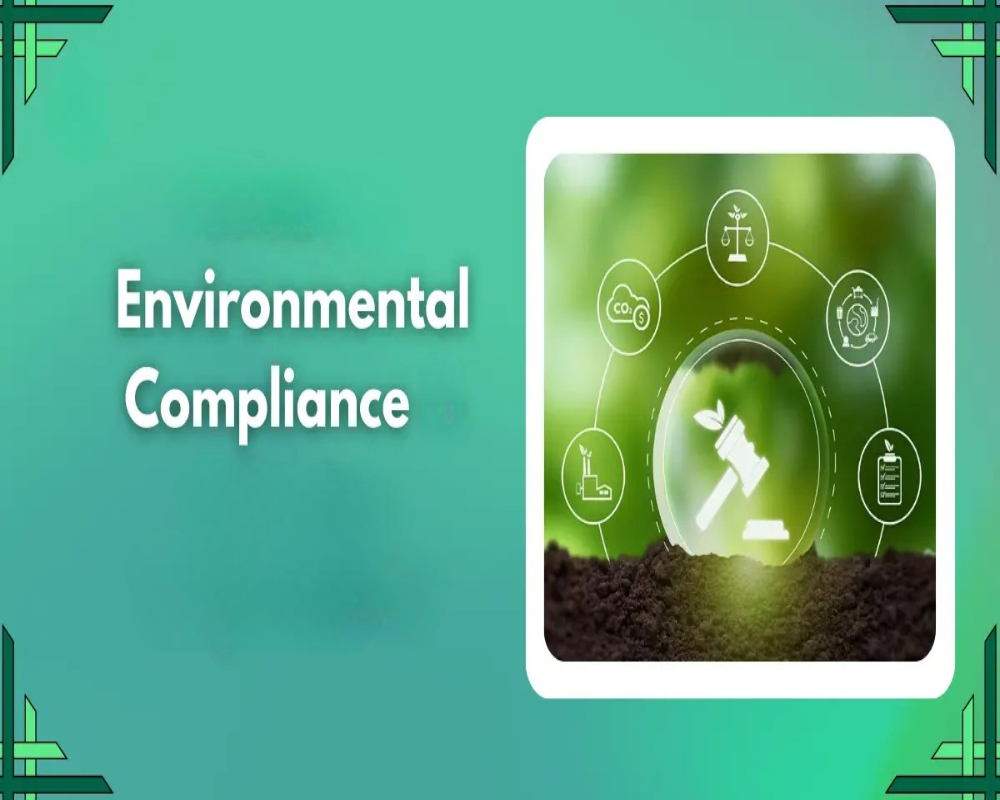1. Compliance with Environmental Laws and Acts
Public Limited Companies must comply with several central environmental laws in India, depending on the nature of their operations:
- Environment (Protection) Act, 1986 – umbrella legislation for environmental protection
- Air (Prevention and Control of Pollution) Act, 1981 – regulates emissions and air quality standards.
- Water (Prevention and Control of Pollution) Act, 1974 – controls the discharge of pollutants into water bodies.
- Hazardous Waste (Management and Handling) Rules, 2016 – govern the handling, storage, and disposal of hazardous materials.
- E-Waste, Plastic Waste, and Biomedical Waste Rules – sector-specific rules for specialized waste streams
2. Environmental Clearances and Approvals
- Companies involved in manufacturing, infrastructure, mining, or energy projects may require prior Environmental Clearance (EC) from the Ministry of Environment, Forest and Climate Change (MoEFCC) or State Environment Impact Assessment Authorities (SEIAAs).
- A comprehensive Environmental Impact Assessment (EIA) is required for Category A and certain Category B projects.
- Public hearings and disclosure of project impacts are mandatory for EC approval in many cases.
3. Pollution Control Board (PCB) Consents
- Companies must obtain:
- Consent to Establish (CTE) before starting any construction or installation
- Consent to Operate (CTO) before starting actual operations
- Consent to Establish (CTE) before starting any construction or installation
- These consents are granted by the State Pollution Control Boards (SPCBs) or Union Territory Pollution Control Committees (UTPCCs).
- Validity and renewal depend on the nature of the business and its pollution category (Red, Orange, Green).
4. Reporting, Monitoring, and Disclosures
- Companies are required to maintain records of emissions, effluents, and waste generation.
- Regular submission of environmental audit reports, compliance statements, and annual environmental statements (Form V) to SPCBs is mandatory.
- Listed Public Companies must make environmental risk disclosures in their Business Responsibility and Sustainability Reporting (BRSR) as mandated by SEBI for the top 1000 listed entities.
5. Penalties for Non-Compliance
- Non-compliance can lead to closure orders, fines, legal action, and revocation of licenses or approvals.
- The Environment (Protection) Act provides for imprisonment up to 5 years or fines up to ₹1 lakh per day of continued violation.
- Environmental liabilities can also affect a company’s investor confidence, public image, and sustainability ratings.


0 Comments